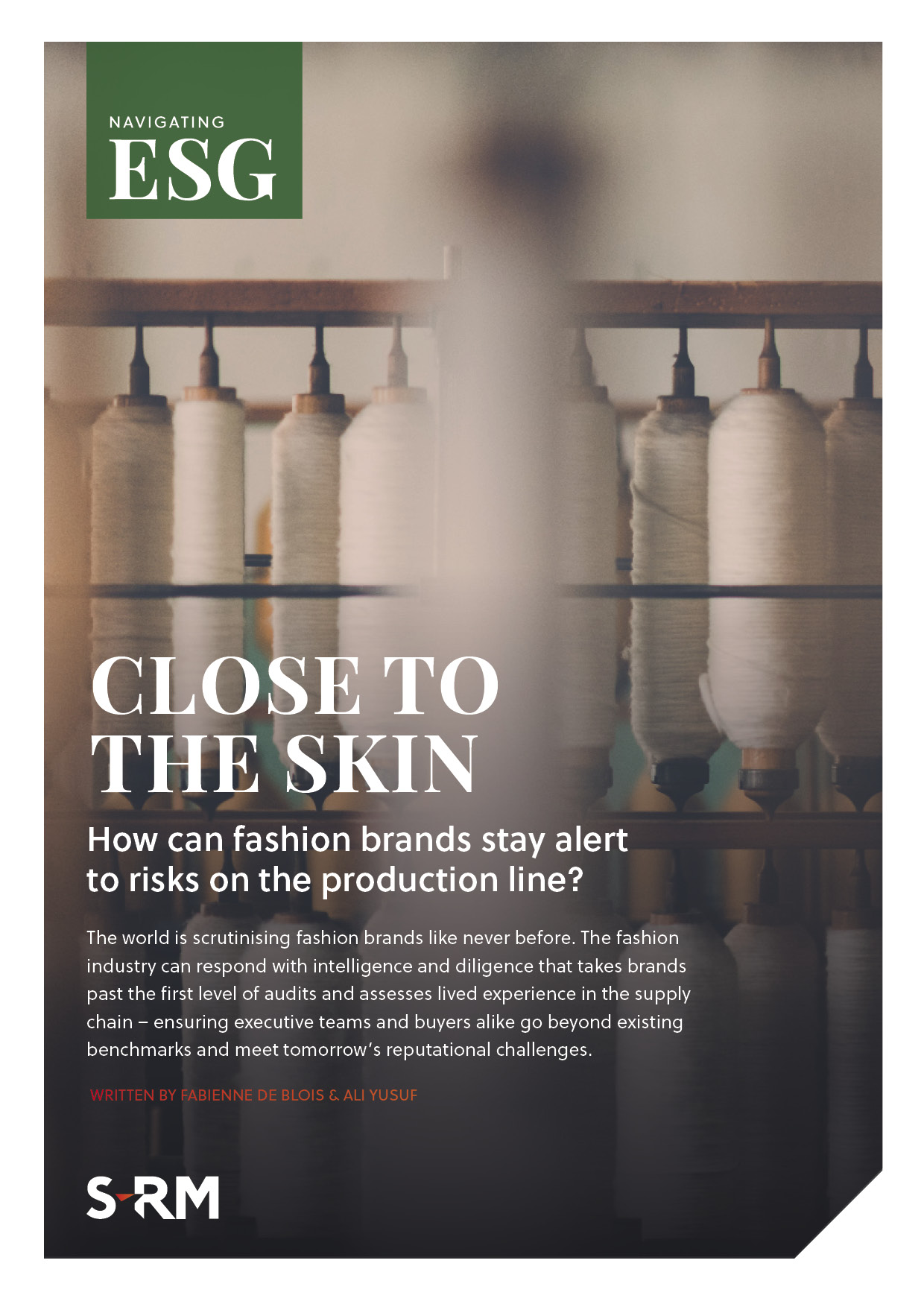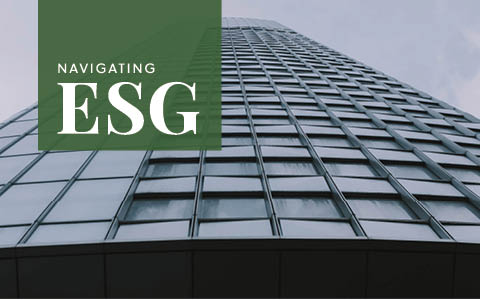The world is scrutinising fashion brands like never before. The fashion industry can respond with intelligence and diligence that takes brands past the first level of audits and assesses lived experience in the supply chain, ensuring executive teams and buyers alike go beyond existing benchmarks and meet tomorrow’s reputational challenges.
Labour rights concerns are nothing new, not least on fashion production lines. However, the past decade has seen these concerns surface as board-level priorities for high street and boutique fashion brands alike.
Today, the reputational implications of global connectivity, media attention and class-action legal challenges mean that brands must be able to demonstrate to their shareholders, employees and global customer bases that they understand, and can intelligently engage with, the challenges posed by their production lines.
Pressure for brands to rise to this challenge is diffuse and diverse, with actors ranging from ESG-conscious investors to stakeholders within the fashion industry itself, and, of course, consumers.
In this article, we explore how fashion brands can maintain and nurture their brand positioning by embracing these challenges and showing that, rather than side-stepping or over-simplifying the risks, they are taking meaningful steps to improve outcomes for workers on the production line.






 Email Fabienne
Email Fabienne





 @SRMInform
@SRMInform
 S-RM
S-RM
 hello@s-rminform.com
hello@s-rminform.com

